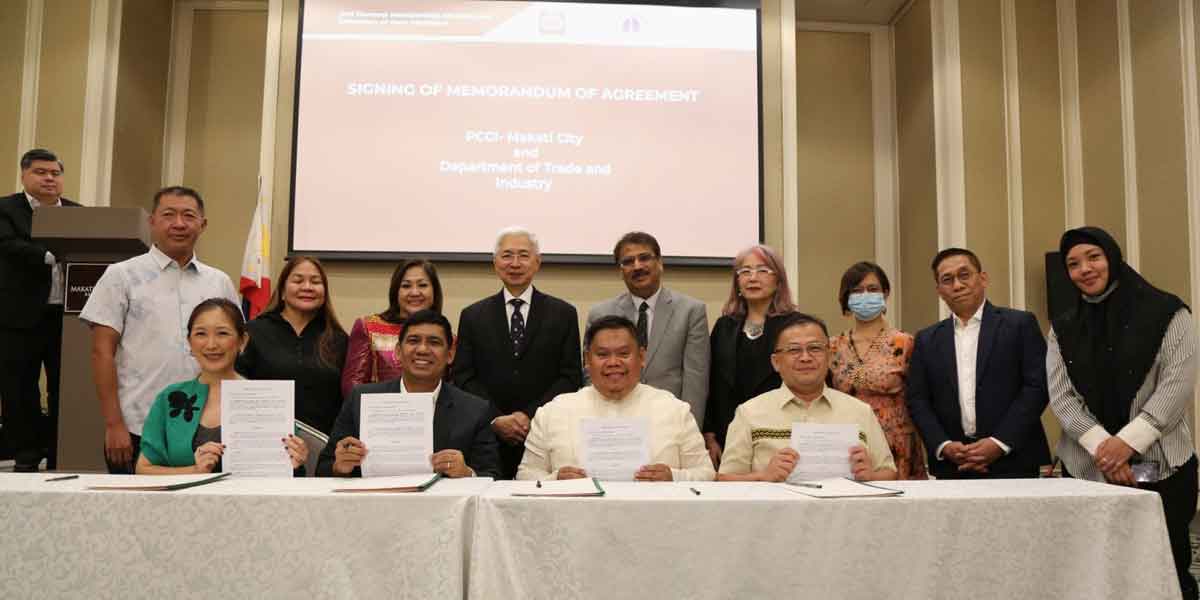The Ombudsman usurps Congress’s power of legislation by issuing Memorandum Circular No. 1 series of 2020, restricting public especially, the media’s access to public officials’ statement of assets, liabilities and net worth (SALN).
Such administrative fiat is inconsistent with the 1987 Constitution that requires transparency and public accountability.
Section 17 of Art. XI of the Constitution states that the declaration of assets, liabilities, and net worth of public officials SHALL be disclosed to the public in the manner provided by law.
Public disclosure is an obligation.
The qualification that the said obligation be done “in the manner provided by law” concerns only the procedure by which the public can access the SALNs. It does not empower the Ombudsman to bar access to these documents by the public in general, or the media in particular.
Memorandum Circular No. 1 s. 2020 permits access only for:
- The public official or his designated representative;
- A person acting on a court order in a pending case;
- An Ombudsman Investigator.
This is NOT disclosure to the public. It prevents citizens and journalists from accessing these records by imposing the additional requirements that: (a) there be a pending case in court or an investigation before the Ombudsman; and (b) even if there were such a pending case or investigation, only 2 categories of people (the person enforcing the court order and the Ombudsman investigator) can access the SALNs. The public is kept completely out of the loop, so to speak.
The memorandum cites the Ombudsman’s authority to promulgate rules under Republic Act No. 6713, the law which details government officials’ duties to file SALNs and the manner by which the public can access them.
So, what does the law actually say?
Section 8(c) of RA 6713 states that the SALNs shall be made available for inspection at reasonable hours, within 10 working days after they are filed, provided that the person requesting these documents pays a reasonable fee to cover the cost of reproduction, mailing, and certification.
The only prohibitions in relation to the access or use of these documents are stated in Sec. 8(d), i.e. when it is being done in a manner contrary to morals or public policy; or for a commercial purpose other than news reporting.
There is nothing in RA 6713 that prohibits access by the public or the media to these SALNs as a matter of course. The law imposes no requirement that there be a pending case or investigation. It certainly does not limit access to only a select group of people. Again, public access to the SALNs is a right under both the law and the Constitution.
The memorandum negates the policy of holding government officials accountable for misconduct by taking away the public’s right to know facts surrounding their wealth. Fears that these SALNs may be used improperly should not negate the constitutional obligation to disclose them. By entering into public office, government officials are supposed to be fully open and transparent to the people whom they serve.
Reference: Atty. RENE ESTOCAPIO
Chairperson, NUPL Panay




















